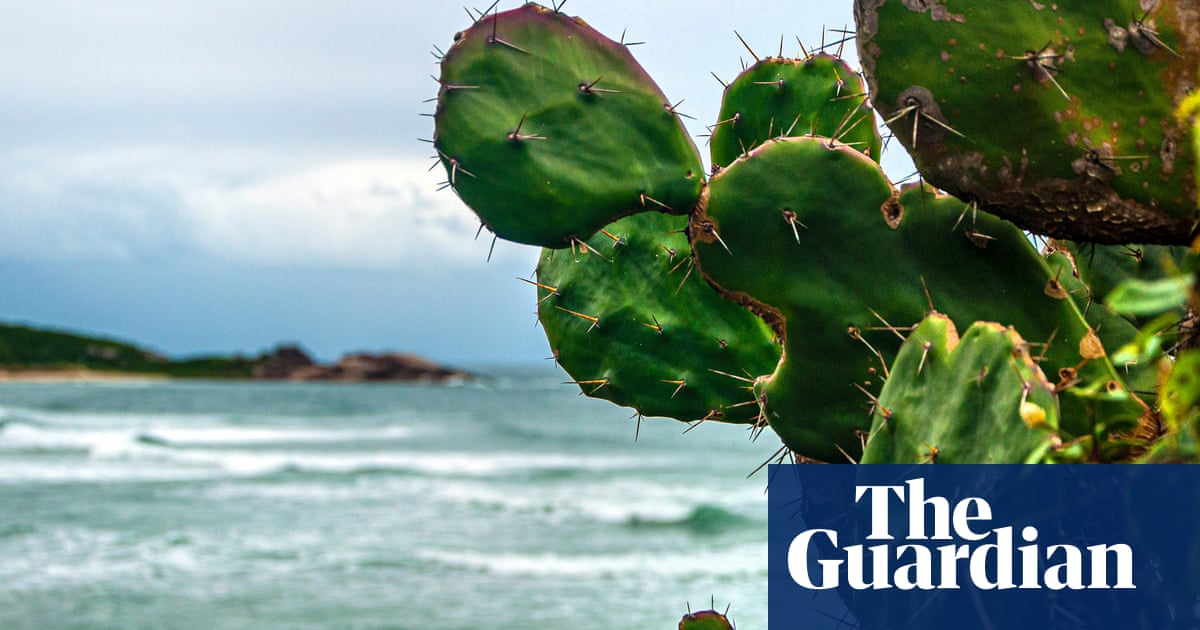
Try our newest merchandise
In that dimple of European historical past between the French Revolution and the coronation of Queen Victoria, there lived a not inconsiderable variety of males – normally younger, dumb, and filled with opium – whose foremost ambition was to set sail for the Americas, and there, in their very own parcels of conveniently low cost and plentiful wilderness, discovered utopian communes the place society could possibly be cast anew in accordance with the rules of enlightenment. It actually didn’t damage that these endeavours would allow – even necessitate – numerous shagging. Samuel Taylor Coleridge and his mates, Roberts Southey and Lovell, laid plans, between blasts of nitrous oxide and versification, for the inspiration of a commune on the banks of Pennsylvania’s Susquehanna River, chosen for its “extreme magnificence and its safety from hostile Indians”. Lack of funds shortly turned a difficulty, and shortly our intrepid Romantics had compromised on location, proposing to discovered their “Pantisocracy” in rural Wales as a substitute of the New World. Maybe unsurprisingly, the plan by no means got here off.
Angel Kelly, the hapless protagonist – or maybe initiator can be a greater phrase – of Oisín Fagan’s second novel, Eden’s Shore, is one in every of these Coleridgian dreamers. On the opening, we meet him as a younger and feckless regulation scholar on the College of Dublin, hanging round Parliament Road along with his “broad-brimmed hat, a cravat and a small e book of Montesquieu beneath his arm, from which he partook of not more than 5 sentences a day”. Secretly, he believes he’ll “at some point show to be an excellent man”. An inheritance from a beloved aunt permits him to additional increase his epicurean life-style, however when the pleasures of whoring, consuming and tobacco start to pall, he resolves to spend the final of his wealth on an expedition to Brazil, with the intention of founding “the harmonious society” of which he and his associates “had so usually and so manfully spoken”: “a colony that’s free from the sins of the outdated world – a spot free from tyranny, discrimination, illegality, faith, persecution, taxation”.
His associates’ mirthful response to Angel’s grandly said intent precipitates a sense of disgust, “gliding by way of his throat like an inner bruise”, and incites him into realisation of his quixotic plans. He takes a ship from Dublin to Liverpool and from there secures passage aboard the Atlas, certain for Santana, Brazil. On account of a week-long bender with a dockside intercourse employee, he neglects to make thorough inquiries into the ship’s enterprise.
Rising from his cabin a while later, after a viscerally described bout of sea illness, Angel discovers that the Atlas had, throughout a stopover in Nouadhibou, North Africa, taken on a human cargo. Our slipshod younger revolutionary has now turn into an unintentional witness to – and, arguably, participant in – the barbarities of the Atlantic slave commerce’s Center Passage. The Coleridge comparability is apt past the biographical, as a result of the episode that follows because the Atlas is beset by rebel and mutiny reads like a kind of roided-up Rime of the Historical Mariner. When Angel and his newfound ally Flores, a Muslim scholar who boarded the ship with the intention of shopping for his mom’s freedom on the far finish of the passage, lastly attain Brazil, completely battered and bloodied, they discover themselves on the centre of a battle between imperial pursuits that threatens to swallow them extra completely than any ocean.
Angel Kelly’s story finally ends up functioning virtually as a prologue to Eden’s Shore. This sprawling epic of the late 18th-century Americas examines questions of complicity, violence, the boundaries of philosophy, and what place love might have – what redemption it would start to supply – in a world ruled by the extractive logics of colonialism. If that seems like an infinite drag, I guarantee you, this novel is unexpectedly hilarious and really lovely. In addition to deftly controlling and differentiating a vividly realised ensemble of dreamers, drinkers and mercurial freebooters, Fagan achieves a sultry, skirling prose that captures with equal precision each the great thing about the tropics and the religious and bodily mutilations practised of their shade-bound midst. A “dreamish” gentle lingers in bearded jungle timber; a bloated tick rests in a navel “like a dolmen on a white plain”; the shoulders of a weeping man vacillate “quickly, just like the amputated stumps of wings”.
One of many issues I appreciated most about this novel was Fagan’s attentiveness to the polyglot confusion of Latin colonial life in a spot the place African freedmen, Chinese language road hustlers and French Freemasons all muscle in opposition to one another to stake out ideological and literal territory, the complexity of communication of their many native tongues yielding moments of excessive comedy and intense pathos (usually concurrently). There may be the Spanish cook dinner on a slave ship, whose drunken declarations of guilt over the horrors during which he’s made complicit are the extra haunting for his or her linguistic derangement. There may be the younger Parisian revolutionary whose exuberant and in the end futile idealism bursts the seams of his threadbare English: “I wish to share my be taught with all of the paysans of the world … we love the revolution a lot, the equality, the freedom, the common factor …”
It maybe should be stated that, regardless of its many pulchritudes, Eden’s Shore is a strikingly violent novel (as was Fagan’s debut set in medieval Eire, Nobber). I might argue that it must be, however some readers would possibly blanch over the lingering, half-page descriptions of contaminated wounds and severed ocular nerves. To me, Eden’s Shore usually felt like a kind of maritime Blood Meridian – Cormac McCarthy’s portentous masterpiece of the American west – and it’ll little doubt divide readers alongside comparable strains. However I’d be arduous pressed to consider increased reward.
after publication promotion

![[Windows 11 Pro]HP 15 15.6″ FHD Business Laptop Computer, Quad Core Intel i5-1135G7 (Beats i7-1065G7), 16GB RAM, 512GB PCIe SSD, Numeric Keypad, Wi-Fi 6, Bluetooth 4.2, Type-C, Webcam, HDMI, w/Battery](https://m.media-amazon.com/images/I/71LYTzK2A8L._AC_SL1500_.jpg)



![[UPDATED 2.0] Phone mount and holder compatible with Samsung Z Fold 2 3 4 5 6 Pixel Fold or Foldable phone | bicycle, treadmill, handlebar, elliptical, stroller, rail, handle, roundbar, golf cart](https://m.media-amazon.com/images/I/51CjGlidGRL._SL1023_.jpg)








